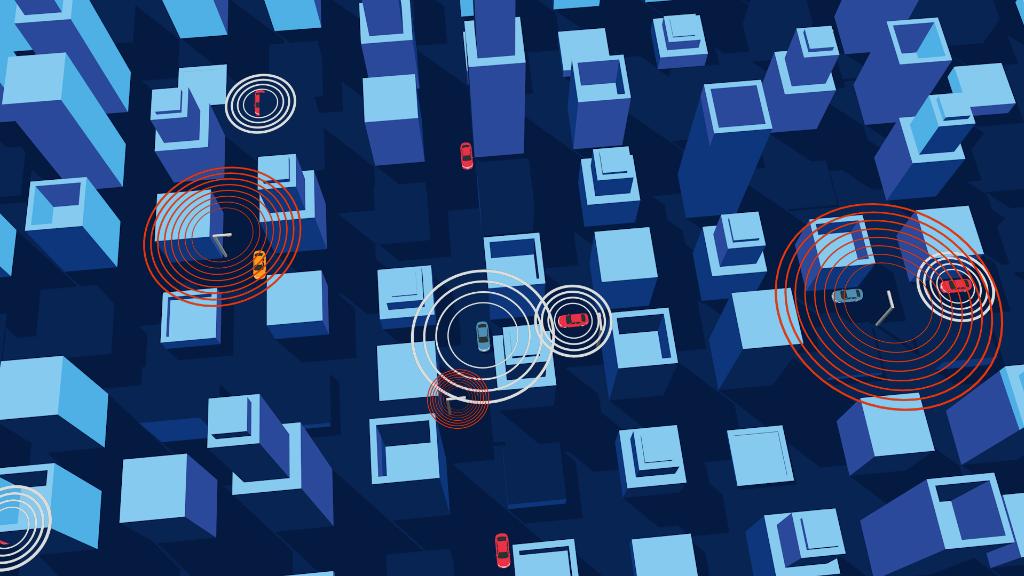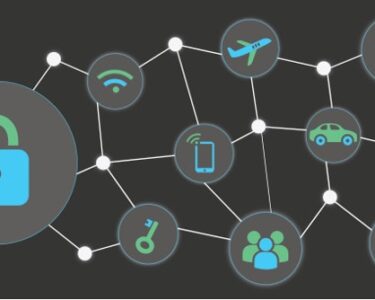
5G Technology in 2024: How It’s Shaping the Future of Connectivity
5G technology is poised to revolutionize the way we connect with the world around us. With its blazing-fast speeds, ultra-low latency, and massive capacity, 5G will redefine our experiences in a variety of fields, from entertainment to healthcare to transportation.
In 2024, the global 5G market is projected to reach [value]. This explosive growth is being driven by a number of factors, including:
- The increasing demand for mobile data: Mobile data traffic is growing at an exponential rate, and 5G will be essential for meeting this demand.
- The development of new applications: 5G will enable a wide range of new applications, such as augmented reality (AR) and virtual reality (VR).
- The need for improved connectivity: 5G will provide faster and more reliable connectivity for businesses and consumers alike.
Key Trends in 5G Technology
A number of key trends are shaping the development of 5G technology in 2024:
- Standalone 5G: Standalone 5G networks will be able to operate independently of 4G networks, providing a significant boost in performance.
- Network slicing: Network slicing will allow operators to create virtual networks with different characteristics, tailored to specific applications and use cases.
- Edge computing: Edge computing will bring cloud computing resources closer to the devices that need them, reducing latency and improving performance.
- Artificial intelligence (AI): AI will be used to automate and optimize 5G networks, making them more efficient and responsive.
Applications of 5G Technology
5G technology will have a profound impact on a wide range of applications, including:
- Healthcare: 5G will enable remote patient monitoring, telemedicine, and precision medicine.
- Transportation: 5G will revolutionize the way we travel, enabling autonomous vehicles, smart traffic management, and connected logistics.
- Manufacturing: 5G will make factories more efficient and productive, enabling real-time monitoring and control of industrial processes.
- Entertainment: 5G will provide high-quality streaming, immersive gaming, and virtual reality experiences.
Challenges to 5G Adoption
Despite its transformative potential, 5G technology faces a number of challenges to widespread adoption:
- Cost: Deploying and maintaining 5G networks is expensive.
- Spectrum availability: Spectrum is a scarce resource, and there is competition for the 5G spectrum.
- Device availability: 5G devices are still relatively new and expensive.
- Security: 5G networks need to be secure to protect user data and privacy.
Conclusion
5G technology is on the cusp of revolutionizing the way we connect with the world around us. With its blazing-fast speeds, ultra-low latency, and massive capacity, 5G will redefine our experiences in a variety of fields, from entertainment to healthcare to transportation. As the technology continues to develop and mature, we can expect to see even more innovative and transformative applications emerge.


